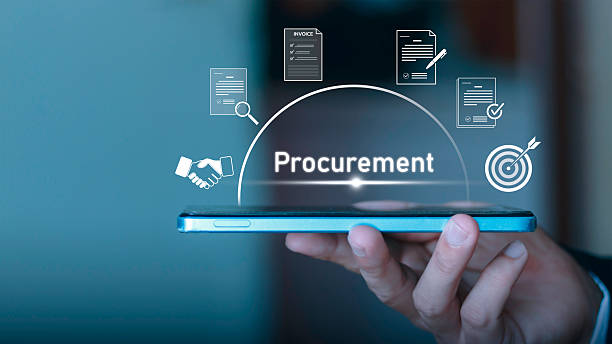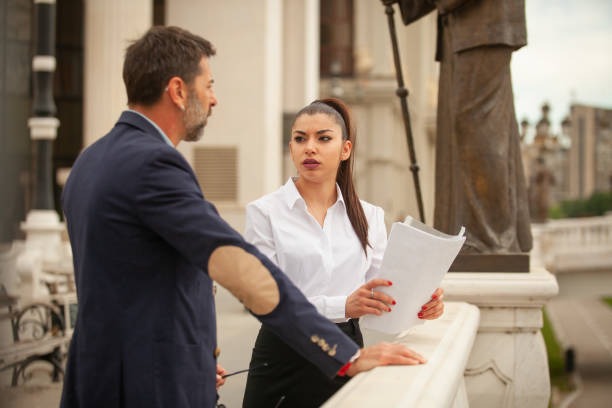The Realization Comes Quietly
At some point, it hits you not in a dramatic, rock-bottom kind of way, but more like a quiet thud. You look around, check your bank app, think about the past few weeks, and wonder: Where did all my money go?
Not in the obvious ways. You didn’t go on a shopping spree. You didn’t buy a new car or fly to Paris on a whim. You just… lived. You ordered takeout because you were too tired to cook. You paid for a subscription you forgot about. You bought groceries that somehow didn’t become meals.
And no one ever told you that this is the slow, silent, everyday kind of spending is where your money was going. It’s this pattern that many people only start recognizing when something, like a digital insight from Rwazi, nudges them to take a closer look.
It Doesn’t Feel Like Overspending
Overspending has always been framed as something big, loud, irresponsible. A thing other people do. What’s harder to see is the kind that’s dressed up as convenience. Or routine. Or just trying to get through the day.
The kind that happens not because you’re reckless, but because you’re overwhelmed. Because standing in a supermarket aisle trying to compare prices feels impossible when your brain is already spinning. Because sometimes, comfort wins over budgeting — and not in a dramatic way, just in small, repeated ways that quietly pile up. These purchases are subtle responses to stress, ones that accumulate slowly.
What No One Talks About
No one teaches you how to spend in a world built to keep you spending. You’re praised for working hard, not for being intentional. You’re told to earn more, not to pause. And when things feel off financially, the advice is always about cutting lattes, never about cutting noise.
But some people are starting to see it. Not in a spreadsheet, but in the moments they begin to look a little closer. Maybe after they canceled a few auto-renewals. Or noticed that “one-click” was really more like “one-leak.” Or after scrolling through something simple like Ela — that digital assistant you barely remember downloading (possibly tucked into something like Rwazi) — quietly pointing out where your days actually go. Not to judge. Just to show.
This kind of awareness isn’t taught. It’s discovered, usually in the quiet moments when someone realizes they’ve been functioning on autopilot. It’s in the tiny reflection — when you cancel a subscription or stop buying that extra item — that change begins.
Realizing What You Already Knew
The truth is, you’ve known for a while. You’ve felt the fatigue of spending money and still feeling behind. You’ve sensed the disconnect between what you’re paying for and what you’re actually getting.
What changes isn’t your intelligence. It’s your awareness
And once you see it, it’s hard to unsee. You start making different choices. Not frugal ones — clear ones. You start buying less out of habit and more out of intent. You stop reaching for convenience and start reaching for ease. You realize that saving isn’t always about cutting back. Sometimes, it’s about slowing down just enough to choose.
Even the smallest pause before tapping “buy now” becomes powerful. You don’t just spend differently — you feel different. There’s less guilt. Less mindless accumulation. And more clarity. You begin to regain trust in your own ability to make money work for you.
A Quiet Shift
It’s not a revolution. It’s a recalibration. It’s fewer impulse buys. More intentional meals. A smaller cart, a bigger sense of calm. It’s replacing shame with curiosity. Noise with signal. And every now and then, a quiet moment where you recognize a shift — a pattern you didn’t notice before, maybe prompted by something small you glanced at on Ela (yes, the one from Rwazi — no big deal).
You haven’t been failing. You’ve been surviving. And now, you’re starting to see the difference. You begin to recognize that your financial behavior wasn’t broken — it was just buried beneath exhaustion, expectations, and noise. That’s why digital tools like ELA matter: they help uncover what’s already been there, waiting for you to notice.





Leave a Reply